Existing infrastructure is being removed and crews have started site prep and utilities work for a new, long-awaited, $67.5-million, state-of-the-art recreation centre that will triple the amount of indoor fitness and recreation space at the Vancouver campus of the University of British Columbia (UBC).
Soon, construction workers will begin civil work and excavating the foundation for the new structure to be named Recreation Centre North.
“It’s clearly an anticipated project by the UBC community, particularly among students,” explains Michael Tan, who is director, intramurals and recreation at UBC. “The return to fully on-campus instruction and activities timed with the start of this project has a lot of interest.”
He notes the university is seeing good levels of engagement in its surveys and other feedback opportunities where students are asked to fill in details about how the new centre should be configured.
The 101,000-square-foot structure is being built in the northeastern part of the campus, at the westernmost end of Student Union Boulevard and immediately north of the existing UBC Life Building.
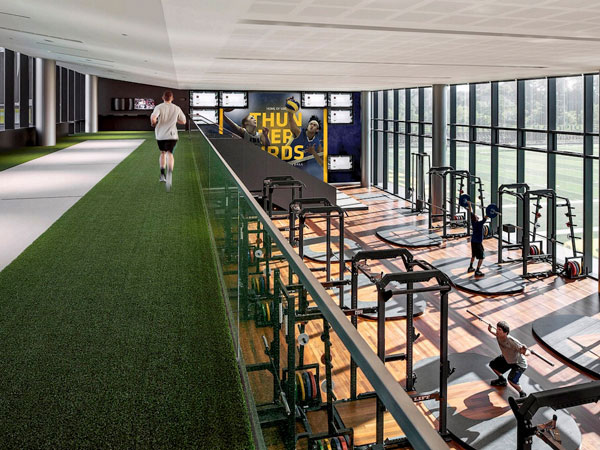
Upon completion, the four-storey structure, approved in June 2020, will have three large gyms, 41,000 square feet of fitness and studio space, including areas for a weight and cardio fitness gym, a training area, multi-purpose spaces and an elevated 200-metre indoor track. The building will also have a universal change area that will be the largest on the Vancouver campus.
It will be seamlessly integrated with the UBC Life and Student Services Hub and will include an outdoor walkway corridor at ground level to allow foot traffic to readily flow through the area.
The centre was designed by SHAPE Architecture and is being built to LEED Gold. Plans call for it to be built to Rick Hansen Foundation Accessibility Certification (RHFAC) standards.
The aim is to achieve an RHFAC rating of 60 to 79 per cent. The university hopes to achieve that by scoring well on exterior approaches and entranceways, the path of travel inside the facility, corridors and hallways, interior ramps, washrooms, general signs and way-finding.
When planning the build, sustainability and safety has been top of mind, according to Tan.
“There has been a conscious effort to reduce the amount of finished building material in the facility in order to reduce the embodied carbon load. This is a subtractive approach to building material and addressing life cycle assessment.”
To ensure the construction site is safe while the university remains in operation, an eight-foot-tall fence has been erected around the perimeter of the construction area and a monitored security camera system will be used.
There are way-finding signs around the entire site for access control and to help pedestrians understand work zones. At the base of a tower crane, 16-foot-tall plywood panels have been installed so that climbing a crane is near impossible. Flaggers are set up around traffic areas to manage people and vehicles.
Construction on the building is expected to take about two years, finishing in late 2024. ETRO Construction is overseeing the project.
The university decided a new building was necessary because a two-year analysis determined many of the existing facilities were aging and no longer meeting current or future needs of the campus.
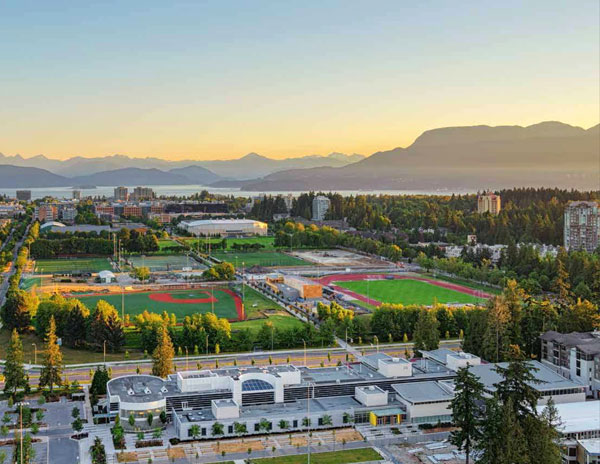
“The university recognized that for a campus population the size of UBC Vancouver, it was disproportionately undersized in the square footage allocated to fitness and physical activity,” says Tan.
The project has been in the planning stages for nearly eight years. It started in 2015, with a 20-year recreation and athletics facilities strategy which involved public consultation and was approved in 2017. The university’s board of governors gave the project the green light more than two years ago.
“The wheels have been in motion for this project for a number of years, but the return to in-person activities since COVID has seen a lot of recreation and fitness programs at all-time highs for use,” says Tan.
Kavie Toor, managing director of UBC athletics and recreation, said the university is thrilled to be embarking on the new recreation centre.
“Demand for recreation and fitness access at UBC is at an all-time high. The new facility not only supports students’ fitness and well-being goals, but it also provides them with a space to prioritize their mental and physical health while they are pursuing their academic achievements.”
A number of other projects are in various states of progress and discussion at UBC. The school’s vision for the future, called Game Plan, UBC’s Recreation and Athletics Facilities Strategy, recommends the 3,500-seat Thunderbird Stadium be torn down and replaced with a new 5,000-seat facility at the northwest corner of West 16th Avenue and East Mall. The move would clear land for more housing on the campus. Five years ago, estimated cost of the project was $35 million.
This past summer, a new roof was installed on the War Memorial Gymnasium and the Rashpal Dhillon track and field was resurfaced. Turf at the Thunderbird Stadium was replaced in summer 2021.


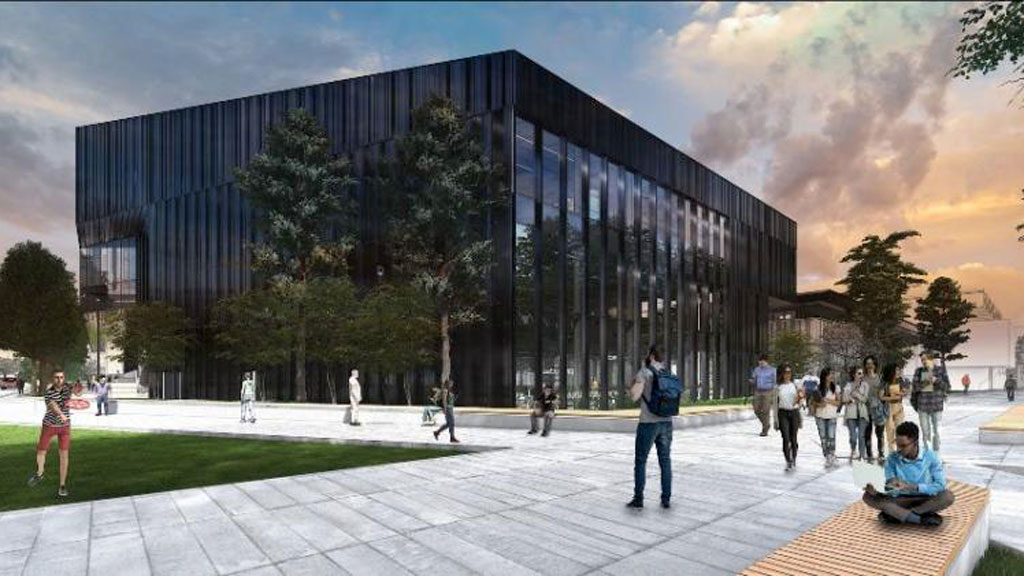

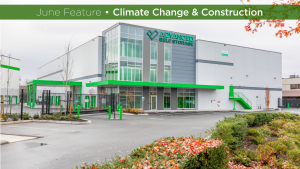
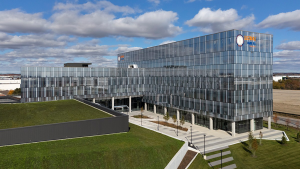
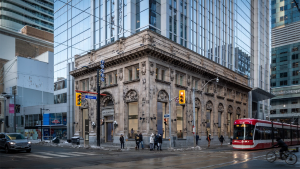

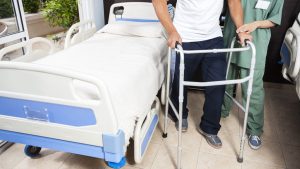
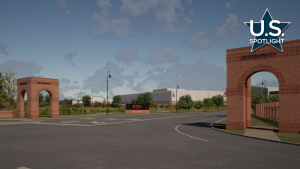

Recent Comments
comments for this post are closed